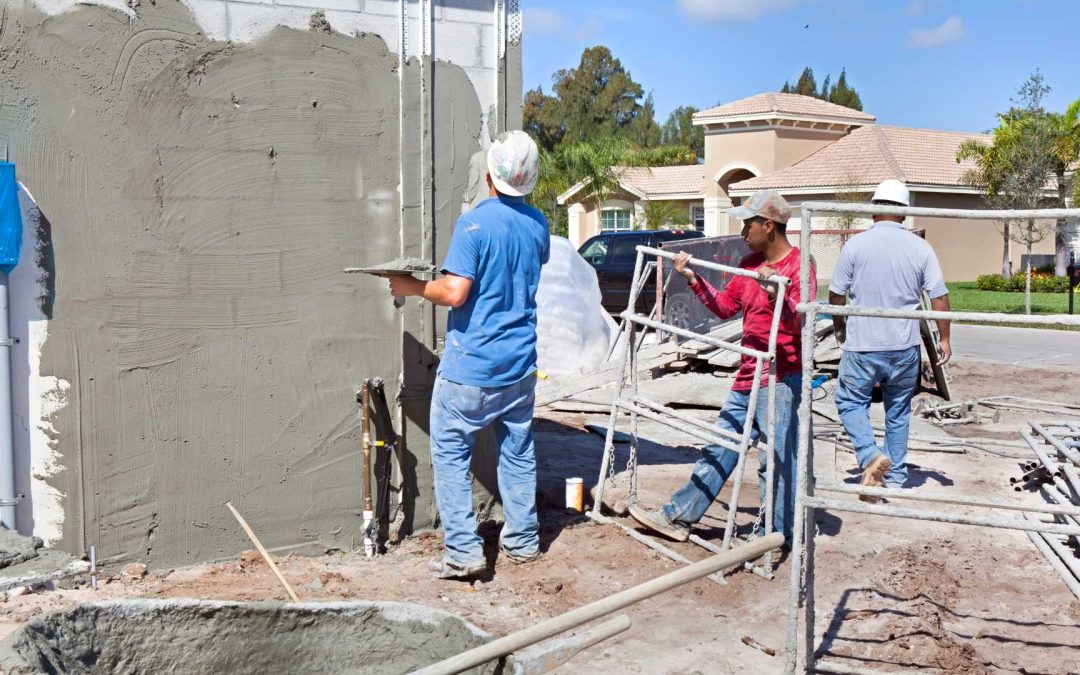Being a concrete worker is a gratifying profession. Not only does it provide a solid income, but the satisfaction that comes with being able to solve complex problems and complete large-scale construction projects is something few other jobs can offer. However, one must possess a few essential skills to succeed in this career. This article will outline these skills and how they can help someone become a successful concrete worker.
First and foremost, working with concrete requires physical strength, endurance, and flexibility. It’s essential for those interested in the field to be physically fit to lift the heavy bags of cement and sand needed to mix concrete while also standing or kneeling for extended periods. Stamina is also essential as mixing, moving, and placing concrete can take many hours without rest breaks. Good balance is also necessary when working from scaffolding or ladders during high-rise projects.
It’s also critical for all aspiring workers to understand fundamental mathematics, including fractions and measurements, so that exact amounts of materials can be accurately combined for the best results. As well as following plans provided by architects or engineers, creativity is often required when dealing with unique situations onsite that require quick-thinking solutions on the part of the worker. Understanding basic physics principles regarding weight distribution and load bearing is also essential if one wishes to avoid potential hazards associated with poor planning or lack of knowledge in this area.
Safety must always come first when working with manual labor, as even small mistakes can result in severe injury or death if proper procedures are not followed correctly. In addition, knowing building codes such as local zoning ordinances helps ensure that all work meets minimum standards set out by governing bodies in each municipality where the job takes place.
Excellent interpersonal communication skills are essential in any workplace interaction, whether discussing project details with supervisors or coordinating tasks between co-workers onsite. Working in teams efficiently increases productivity while maintaining morale among team members, which improves workplace safety overall – something vital when dealing with heavy equipment around potentially dangerous sites like construction zones where attention needs to continually be paid at all times – both by individuals and groups alike – for optimal performance from everyone involved.
Finally, having organizational skills helps any aspiring concrete worker keep track of materials used throughout each job as well as handle paperwork such as contracts or permit applications quickly and accurately to save time during projects which would otherwise slow down progress significantly if done incorrectly or late due to missing documents or misfiled paperwork issues created by disorganization.
In conclusion, many skills are required for anyone wishing to become a successful concrete worker, from physical strength and stamina through math abilities right down to communication techniques and organizational methods; understanding these concepts will ensure one has all they need when starting on their path towards success within this rewarding yet challenging profession!

